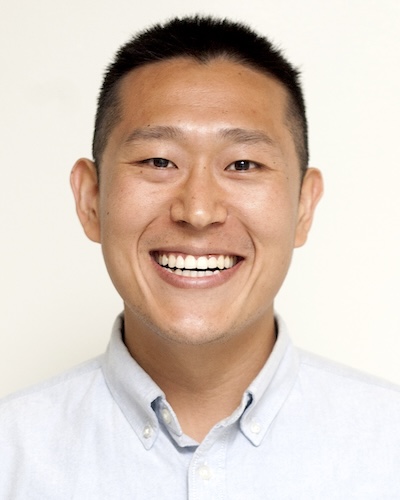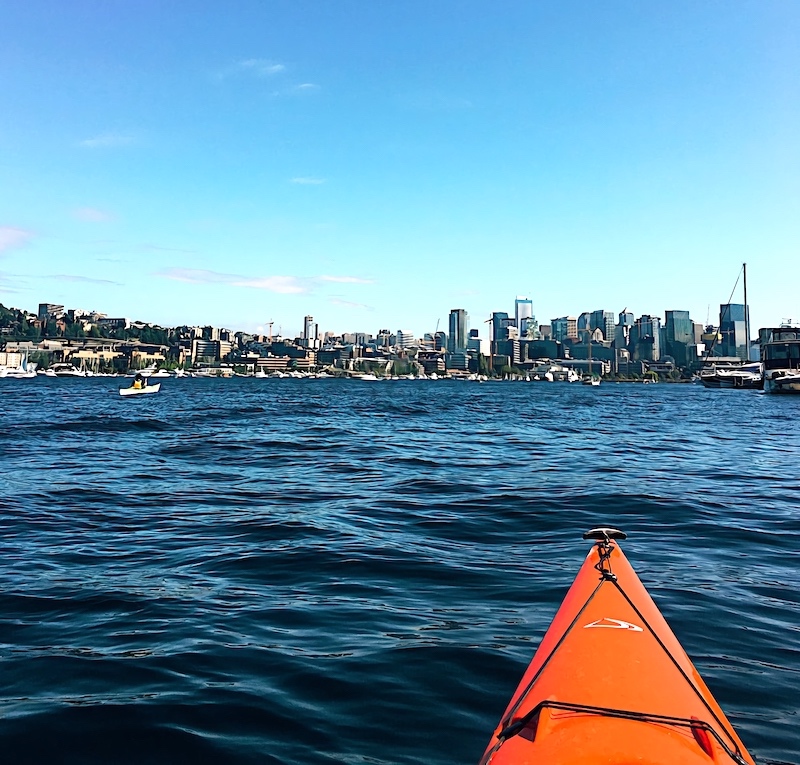A Summer of Lessons From Master Wu

September 28, 2017
by Bryan
I never liked kids. Maybe it was growing up as an only child, or not liking loud noises or when things get too messy (sensory sensitivities . . .), I always distanced myself from having to interact with a child more than a quick smile or wave.
With that said, this past summer I spent my 12 weeks getting to know and treating children ages 4-11 at Stepping Stones Therapy Network, a pediatrics clinic in Seattle, WA. I took advantage of the out-of-area fieldwork request and took the opportunity to work in one of my favorite cities.
While I am planning to elaborate more on the process of securing an out-of-area level 2 placement and tips throughout the process in a future post, I wanted to share a few ways in which I grew as a clinician, student, and person after completing my Level 2 FW.
- I was so prepared! I cannot stress this enough. If you put in the work throughout the semester to learn the material and listen to faculty’s tips and tricks from their own practice, you will be ready for all that comes with Level 2 FW. The hardest part about Level 2 was not the clinical reasoning needed to observe and assess a client from the multitude of OT models of practice (Sensory Integration, Biomechanical, etc.), rather the ins and outs of learning how the clinic operates and becoming more proficient with administering and scoring assessments. One of the major encouragements my clinical instructors gave me was regarding my documentation skills which I directly attributed to the fact that I was taught the OT lens in class through the case studies we discussed and from faculty’s own stories and reflections.
- The learning does not stop. Even though I had no examinations or quizzes to study for, I spent each evening looking up treatment ideas for my clients the next day, documenting on the clients I saw that day, watching YouTube videos of BOT 2 administration for my evaluation later that week, reviewing Handwriting Without Tears, all the while trying to learn the names of Ninjago characters to better connect with the kids. Fieldwork is definitely full time!
- I learned to have a BLAST on the weekends! The good thing about fieldwork is that you do not have to feel the dull (sometimes sharp) pressure of an upcoming exam that impedes your ability to just hang out and chill. I went on a lot of fun hikes and really explored Seattle which only helped me focus and perform better when I was at fieldwork during the week! I loved having a routine throughout the week: working, gym, meal prep, treatment planning, reading, and enjoying the city and friends I had during the weekends.
- Make it a priority to build a relationship with your clinical instructors and coworkers. I guess this point was easy for me this summer because I was truly blessed with amazing CIs and coworkers who were not only skilled OTs, but also mindful instructors, carefully pacing my growth as a student and clinician. I wanted to be intentional with asking them about treatment ideas and career advice moving forward. What steps should I take to go into inpatient pediatrics? What do you like about working at a peds clinic? What certifications should I pursue?

Kayaking Lake Union on Weekends

Hiked Heather Lake in June
Seattle summer weather is unreal . . .
⋯
Next by tag Fieldwork ⟩ Life Hacks ⟩
⋯





